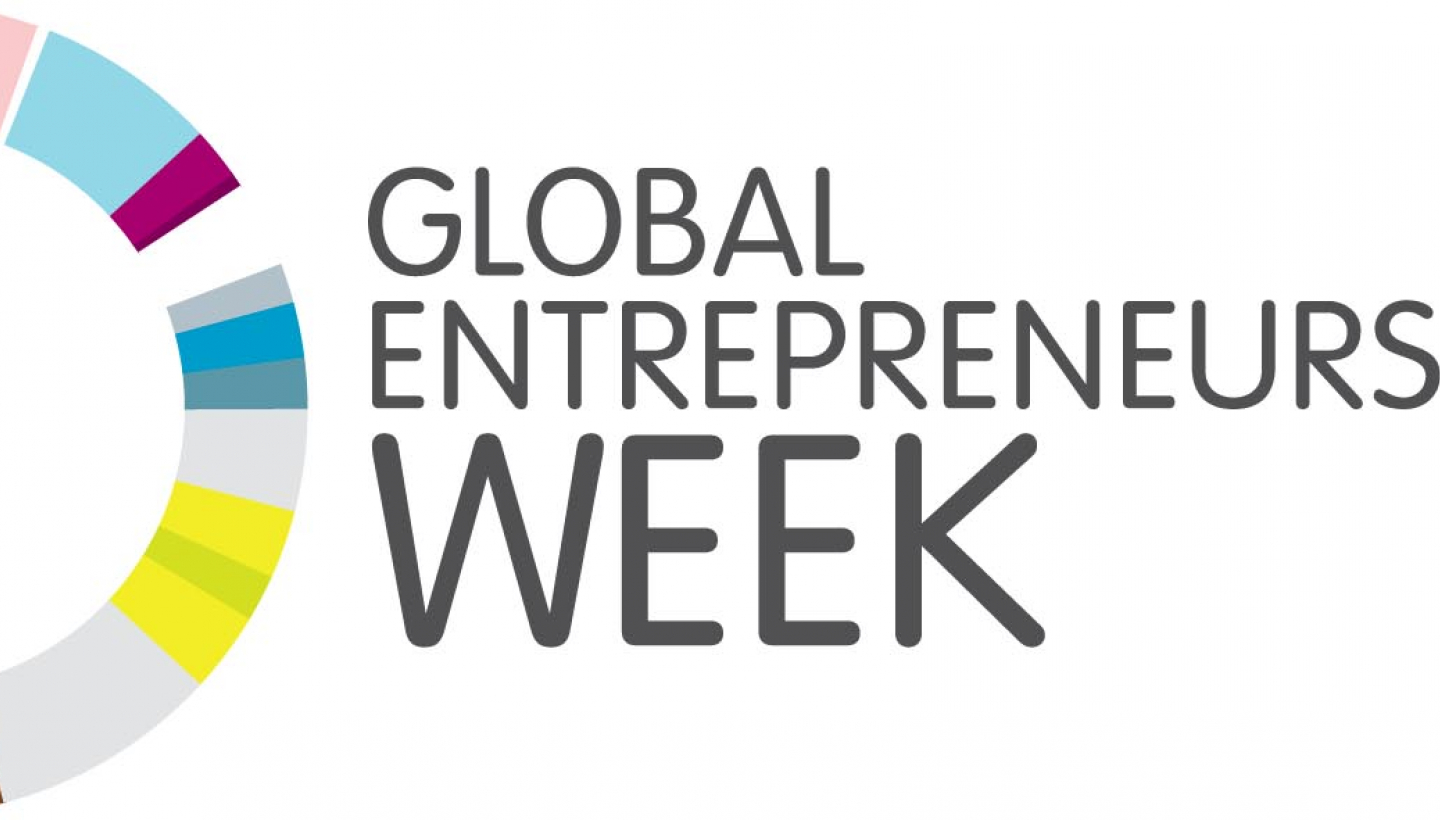As many of you know, Global Entrepreneurship Week (GEW) was held from November 12 to 18 and every year is celebrated around the world with activities that seek to promote entrepreneurial culture.
Mexico was no exception and this year several activities took place across the country. Startup Weekend, in particular, has been very popular this year. With the opening of regional offices in Mexico, the event has bloomed in response to many young people looking for an entrance to the start-up culture in general. The weekend before the GEW started there were seven simultaneous events, this is the first time so many events occur at the same time. From the 16th to the 18th four more events took place, leading eleven start-ups to the Global Startup Battle, a contest that seeks to give exposure to all winning projects during GEW Startup Weekend.
Founder Friday, another major event, held its fifth event in Mexico City at the Google offices, and Shaherose Charania -founder of Women 2.0. - was the events host. Founder Friday has managed to reach a community of women founders who were looking for a space to share ideas and find inspiration, so far the event has connected more than 500 women and men since its inception in July.
Vivek Wadhwa, once again visited Mexico as part of GEW activities at the National Polytechnic Institute, and in his column in the Washington Post shared his experience after discovering some of the projects undertaken by students. "There is no reason why a Steve Jobs can’t be born in Mexico ", a fantastic statement reflecting the entrepreneurial spirit that has been flourishing in the country.
Of course, many other activities were held: hackathones, app contests, conferences and more, led by universities and organizations such as Endeavor, Kauffman Foundation, Microsoft and Entrepreneur Magazine. The wonderful thing about all this is that at the same time, worldwide, more people look towards technological entrepreneurship as a real way to solve the problems of their countries, particularly for generating wealth and jobs.
Young people are opting to create their own businesses rather than working for the government or large corporations, this generational shift will push the whole machinery of innovation, investment and talent in the coming years, not only for some countries, but for those who decide to take the risks involved. After all, this is one of the most powerful elements of technology, the democratization of resources.



